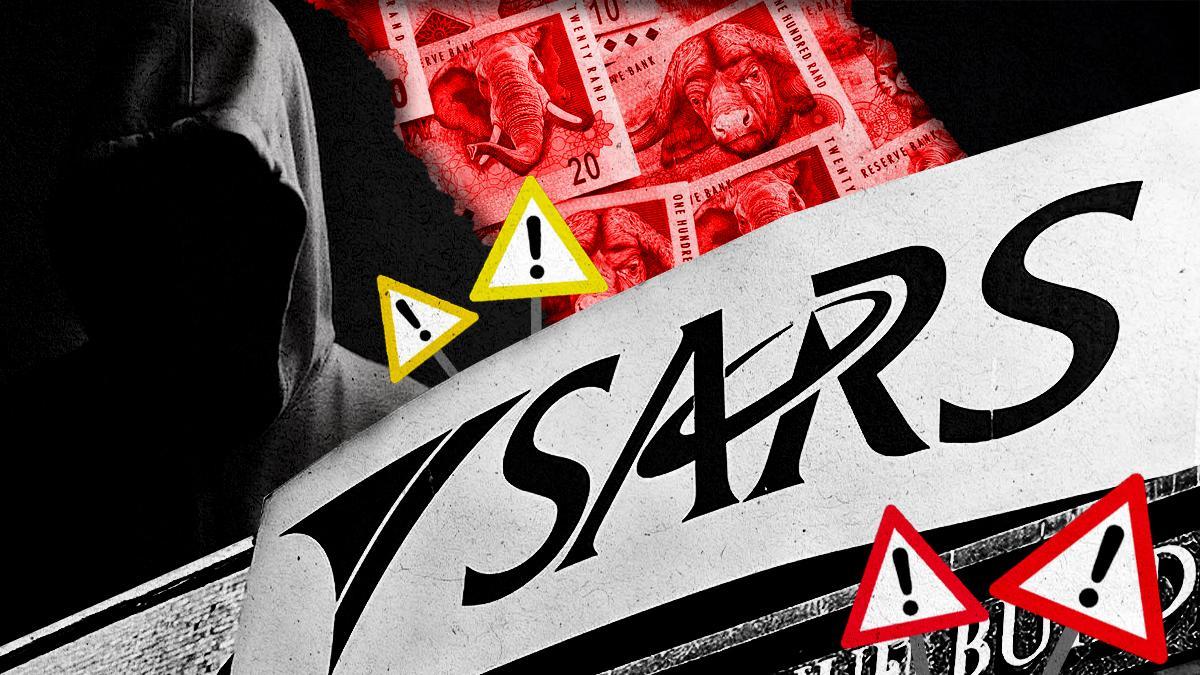Africa-Press – South-Africa. A new draft report revealed the extent of alleged eFiling profile hijackings in South Africa, finding that a considerable number of fraudulent transactions ranged from R10,000 to R100,000.
This report also outlined how fraudsters exploit weaknesses in the South African Revenue Service’s (SARS) fraud detection processes.
The Office of the Tax Ombud (OTO) published its Draft Report into alleged eFiling Profile Hijacking on Wednesday, 1 October, for public comment.
This report follows a systemic investigation the OTO conducted into alleged eFiling profile hijacking. The investigation commenced in August 2024, following approval from the Finance Minister on 12 August 2024.
Between 3 February and 5 March 2025, the OTO conducted the eFiling Profile Hijacking Survey to capture taxpayers’ experiences and challenges related to eFiling profile hijacking.
On 1 October, the OTO revealed three key findings from this survey –
eFiling profile hijacking is most prevalent among tax practitioners and individual taxpayers.
The majority of cases involve Personal Income Tax and Value-Added Tax (VAT).
Fraudulent transactions typically involve amounts under R10,000 but can reach up to R100,000.
The survey results indicated that the estimated amount of fraud in most eFiling profile hijacking cases, which is less than R10,000, is at 37%.
The estimated amount of fraud ranging from R10,000 to R99,999 is 33%, the estimated amount of fraud ranging from R100,000 to R999,999 is 14%, and the estimated amount of fraud more than R1 million is 16%.
The report explained that the reason the estimated amount of fraud for profile hijacking is mostly less than R10,000 is largey because SARS has automated risk detection systems that flag refund claims above certain thresholds, such as R10,000 or R15,000, for audit or verification.
Fraudsters are aware of this and, therefore, deliberately submit refund claims just below these thresholds to avoid detection and increase the chances of payouts.
These scammers will, therefore, also aim for smaller, quicker wins less likely to trigger a delay or review and staying under R10,000 is a tactical move to reduce the chance of SARS intervening.
In other words, smaller fraudulent refunds are less likely to raise suspicion, for example, a fraudster can hijack 100 profiles and claim R2,000 from each, totalling R200,000, with a low risk of triggering audit.
Recommendations
SARS Commissioner Edward Kieswetter
The report also highlighted several vulnerabilities in the eFiling process, including inadequate authentication processes, challenges in fraud detection, delayed SARS response times, insider threats, and low digital security awareness among taxpayers.
The report explained that challenges with fraud detection and slow response mechanisms allow hijackers to access and misuse eFiling profiles undetected.
One of these challenges is SARS’ reliance on taxpayer-initiated fraud reports rather than automated fraud detection systems.
Fraudsters can take advantage of this vulnerability by removing fraudulent details before SARS intervenes.
Therefore, the OTO recommended that SARS enhance its authentication protocols, improve fraud detection and refund verification systems, and boost taxpayer education.
It further recommended that the taxman strengthen its collaboration with banks, the Companies and Intellectual Property Commission, and the South African Police Service.
Tax practitioners are also urged to implement stricter controls on third-party access and uphold high professional conduct standards.
The report urged taxpayers to use strong passwords, activate two-factor authentication, and regularly monitor eFiling profile activities.
The OTO further recommended that the National Treasury amend certain provisions in the Tax Administration Act and establish an Inspector-General as recommended by the Nugent Commission of inquiry.
The South African Reserve Bank is urged to investigate banking irregularities linked to eFiling profile hijacking.
The OTO also invited written comments on the draft report on eFiling profile hijacking with the aim of developing a robust and effective response to eFiling profile hijacking.
This will ensure the protection of taxpayers’ rights and enhance trust in South Africa’s tax administration system.
For More News And Analysis About South-Africa Follow Africa-Press






